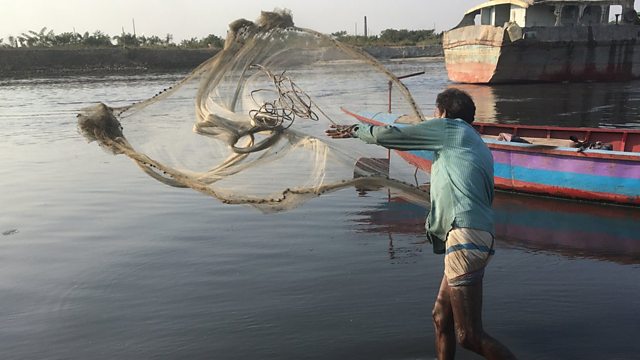Rights of nature
Would giving rivers, and other natural phenomena, the same legal status as humans guarantee their protection?
In July 2019 Bangladesh took the unusual step of granting all its rivers “legal personhood”. It was the result of a long fight by environmental campaigners, alarmed by the damage done to the country’s vital river system by pollution and the effects of climate change. But does passing a law recognising that nature has rights, just as humans do, automatically guarantee its protection? According to its supporters, the movement for the Rights of Nature is an expanding area of law, but are those laws anything more than just symbolic? We talk to Dr Mohammad Abdul Matin by the banks of the Buriganga River in Dhaka about the future for the country’s rivers and in New Zealand to Chris Finlayson, who was attorney general in the centre right government that in 2017 passed a law recognising the Whanganui River as a living entity. And Cardiff University law professor, Anna Grear, tells us why giving natural phenomena the same legal status as humans is no safeguard against exploitation. Join Tamasin Ford on the foreshore of the River Thames to find out more about the rights of nature.
(Photo: Fisherman throwing his net into the Buriganga River, Credit: �鶹��)
Last on
More episodes
Broadcasts
- New Year's Day 2020 08:32GMT�鶹�� World Service
- New Year's Day 2020 13:32GMT�鶹�� World Service News Internet
Podcast
-
![]()
Business Daily
The daily drama of money and work from the �鶹��.


